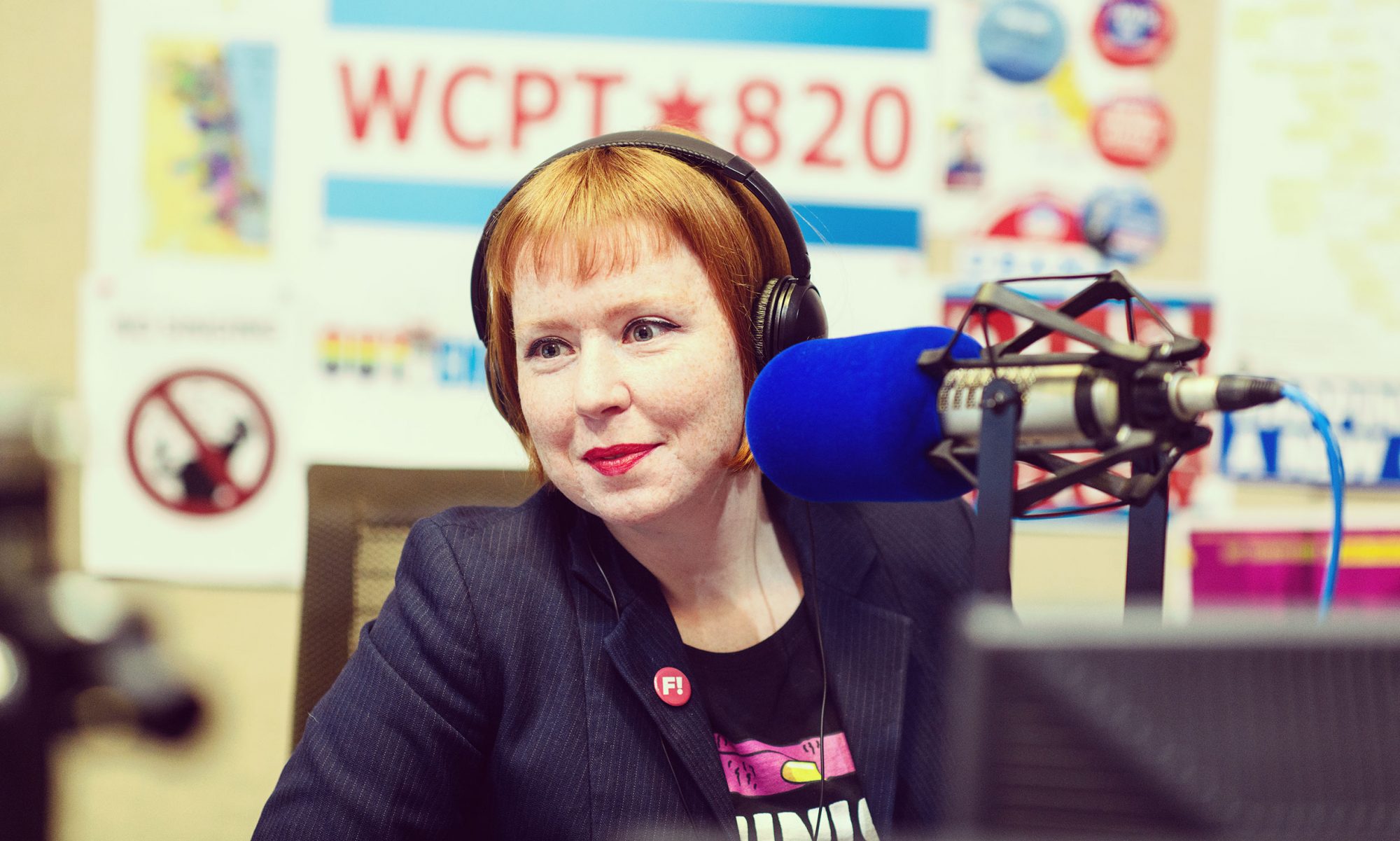A lot of people have been asking, “what would solve the COVID-19 crisis?”
I have been thinking about this a lot and I think that the demands the Poor People’s Campaign is making (“A Moral Response to COVID-19”) of Congress and the Trump administration are pretty comprehensive:
…
WE DEMAND THAT YOU INCLUDE:
1. Immediate, comprehensive and permanent paid sick leave for 100% of employees for this pandemic. Paid sick leave must become standard across all sectors of the labor market.
2. Immediate health care for all, including 100% free COVID-19 testing, treatment and quality care to all, regardless of income, age, disability, citizenship or any other factor, and including the uninsured.
3. A guaranteed and adequate annual income/universal income, including rapid, direct payments to all low-wage and temporary workers for the duration of this crisis, from grocery, fast food and delivery workers, care workers, and pharmacists to others who remain on the front lines and are severely underpaid.
4. A national moratorium on evictions, tax foreclosures, rent hikes, and a national rent freeze. This includes an immediate halt to encampment sweeps and towing vehicles of unhoused communities. Federal resources must be directed to local and state governments towards opening and preparing vacant and habitable buildings, properties and warehouses to house and provide adequate care for all people who are homeless. This includes ensuring education, food assistance and health care for homeless children and provisions for medical testing, treatment and respite for the homeless.
5. Jubilee and debt forgiveness for medical debt, student debt, water, utilities and other forms of household debt.
6. Protections for our democracy and the right to vote with expanded opportunities to vote during this crisis and an expanded census to ensure every person is accounted for.
WE ALSO DEMAND:
1. A national moratorium on water and utility shut-offs, a waiver of all late-payment charges, and reinstitution of any services that have already been cut off due to nonpayment, including access to cellular and internet service. We demand policies that establish affordability-based plans for water and other utility services.
2. Expansion of resources and funding for FEMA and the EPA to ensure access to emergency care and clean air, water and land for all.
3. Ending work requirements on all federal benefits, including SNAP and Medicaid.
4. Resources to keep all rural hospitals and community health centers open, and an infusion of resources to Indian Health Services.
5. Permanent protections for social security, Medicare and Medicaid.
6. Emergency OSHA standards for health care workers, first responders and anyone else in frontline positions.
7. Protections for people in mental health facilities, prisons and juvenile detention centers, especially supplies, personnel, testing and treatment. This includes the release of all at risk populations and non-violent offenders and detainees.
8. Suspension of all CBP and ICE enforcement and ensuring all emergency provisions are made available to immigrants, including undocumented people.
9. Increased support for public schools to provide continuous, equitable and quality remote learning access for the duration of any school closures, including for children with disabilities, and for schools to continue to provide social services for qualifying children and families.
10. Lifting all military and economic sanctions, ending unnecessary military operations overseas and bringing our troops home.
11. Measures to ensure that nobody — no individual or corporation or financial interest — profits off this public health crisis by making vaccines and treatments affordable and/or free for those who cannot afford the costs.
We also call on you to immediately enact the demands of the Poor People’s Campaign: A National Call for Moral Revival. Read them here: bit.ly/PPCDemands
Before COVID-19, nearly 700 people died everyday because of poverty and inequality in this country. The frontlines of this pandemic will be the poor and dispossessed – those who do not have access to healthcare, housing, water, decent wages, stable work or child care – and those who are continuing to work in this crisis, meeting our health care and other needs.
It should not have taken a pandemic to raise these resources. In June 2019, we presented a Poor People’s Moral Budget to the House Budget Committee, showing that we can meet these needs for this entire country. If you had taken up this Moral Budget, we would have already moved towards infusing more than $1.2 trillion into the economy to invest in health care, good jobs, living wages, housing, water and sanitation services and more.
This is not the time for trickle-down solutions. We know that when you lift from the bottom, everybody rises. There are concrete solutions to this immediate crisis and the longer term illnesses we have been battling for months, years and decades before. We will continue to organize and build power until you meet these demands.
Many millions of us have been hurting for far too long. We will not be silent anymore.

Needless to say, I am really looking forward to our Illinois Poor People’s Campaign Statewide Action Call tonight! For more info on our response to the COVID-19 pandemic, you can check out this page on our website, and if you agree with our demands you can sign our petition here.







